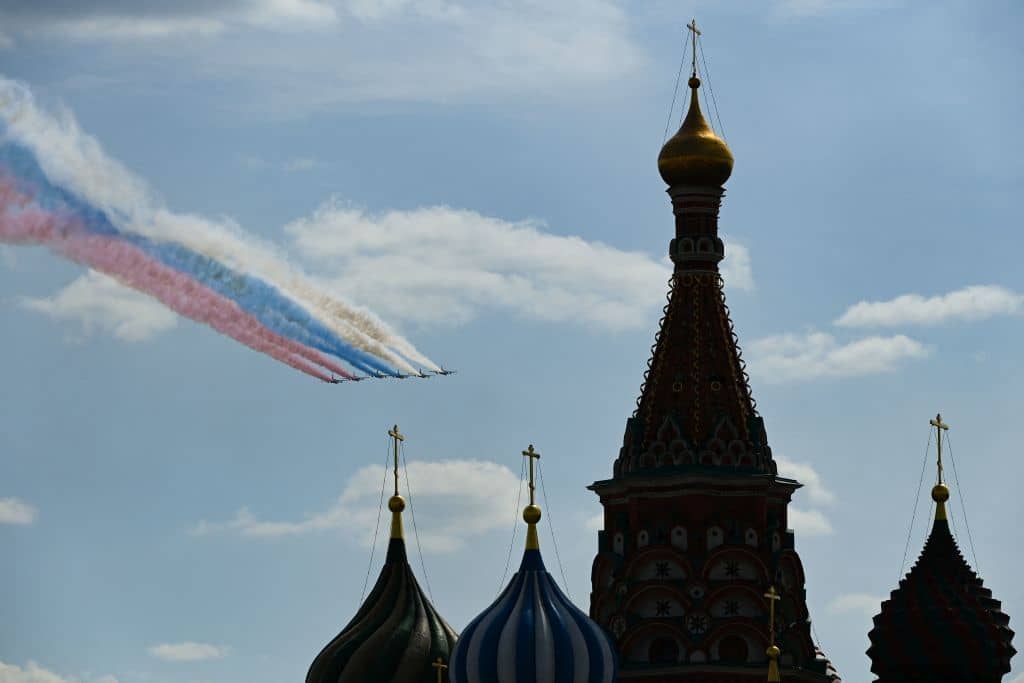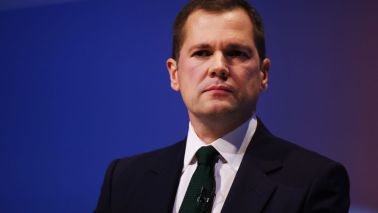I was born in the USSR in 1978 and was just becoming a teenager as the Soviet Union fell. For a schoolboy this was heady stuff. There was no more talk of ‘Good Old Lenin’ in class, and literature and history sessions suddenly became interesting. For the first time, we openly discussed the Stalinist Terror and the gulags, and sat around reading formerly banned books like Bulgakov’s Master and Margarita. We condemned the madness of the Cold War and rhapsodised about the golden future. The world was opening up and it seemed nothing could prevent its peoples from becoming lasting friends. This was Fukuyama’s ‘End of History’ and we believed in it. How clueless, in retrospect, both Fukuyama and we young Russians were. But how happy too.
We had Gorbachev’s glasnost to thank for this, yet it all started properly only with the failed coup against him in 1991. Communist hardliners, wanting to undo his reforms, put Gorbachev under house-arrest in a bid to take over government.

Get Britain's best politics newsletters
Register to get The Spectator's insight and opinion straight to your inbox. You can then read two free articles each week.
Already a subscriber? Log in







Comments
Join the debate for just $5 for 3 months
Be part of the conversation with other Spectator readers by getting your first three months for $5.
UNLOCK ACCESS Just $5 for 3 monthsAlready a subscriber? Log in